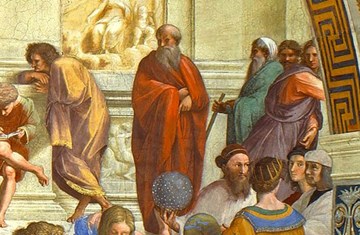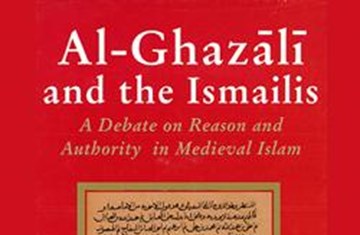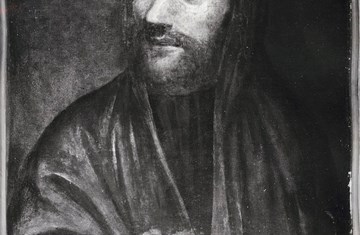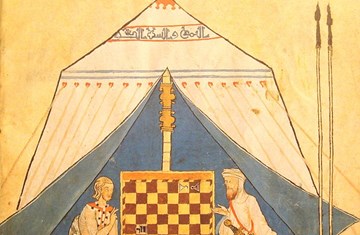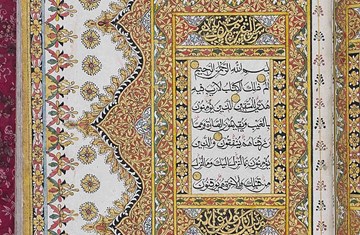Avicenna on Matter, The Disobedience of Matter and Evil: Reconciling Metaphysical Stances and Qur'anic Perspective
Abstract: The metaphysical system of Avicenna (Ibn Sina) (d. 1037 CE) was strongly influenced by Neoplatonic and Aristotelian ideas. In works such as the Danish Nama-i and in the Kitab al-Shifa‘ (al-Ilahiyyat), amongst others, Avicenna often speaks in an Aristotelian parlance about the interdependence of matter and form, focusing particularly on the nature of prime and proximate matter. He also discloses a Neoplatonic understanding of the nature of evil which he examines both in ontological and moral terms.
This article surveys Avicenna’s view of matter and evil, and explores how the philosopher employs Qur’anic hermeneutics in order to show that his positions on the above concepts are rooted in the Qur’an. The focus is placed on the exegesis of Qur’an 41:11-12 and 113. Avicenna interprets these verses in a way which allows him to demonstrate that questions mainly influenced by Aristotelian and Neoplatonic thought – such as the notion of ‘isyan al-madda (the disobedience of matter) and the ontological nature of evil – are ‘Islamic’ concepts, found in the source of Islamic revelation and perfectly reconcilable with ‘orthodox’ dictates.
This article highlights how Avicenna attempts to achieve this goal by setting his discourse within one of the most discussed topics in classical Islamic thought: the issue of Divine decree and Destiny (qada’ wa’l qadar).
Author

Dr Maria De Cillis
Dr Maria De Cillis is an Associate Professor and Head of the Shiʿi Studies Unit (Interim) in the Department of Academic Research and Publications at the IIS, where she is also the Managing Editor of the Shiʿi Heritage Series. Dr De Cillis obtained her bachelor’s degree (with honours) from the Faculty of Languages and Literatures in the Department of Arabic and English Studies at the Universita' degli Studi di Napoli “L’Orientale”, Naples, Italy. She completed her Master’s in Islamic Studies (with distinction) and was awarded her PhD in Islamic Studies from the Near and Middle East Section, Faculty of Languages and Cultures, SOAS University of London.



